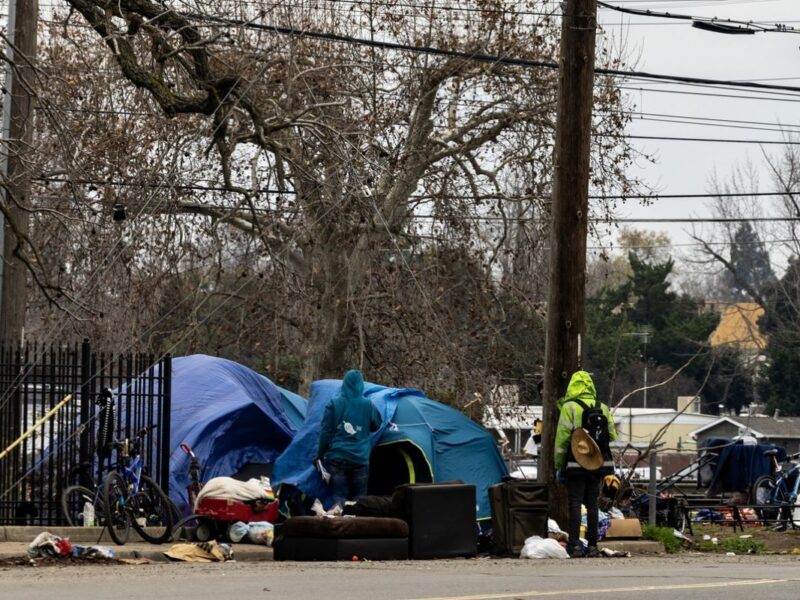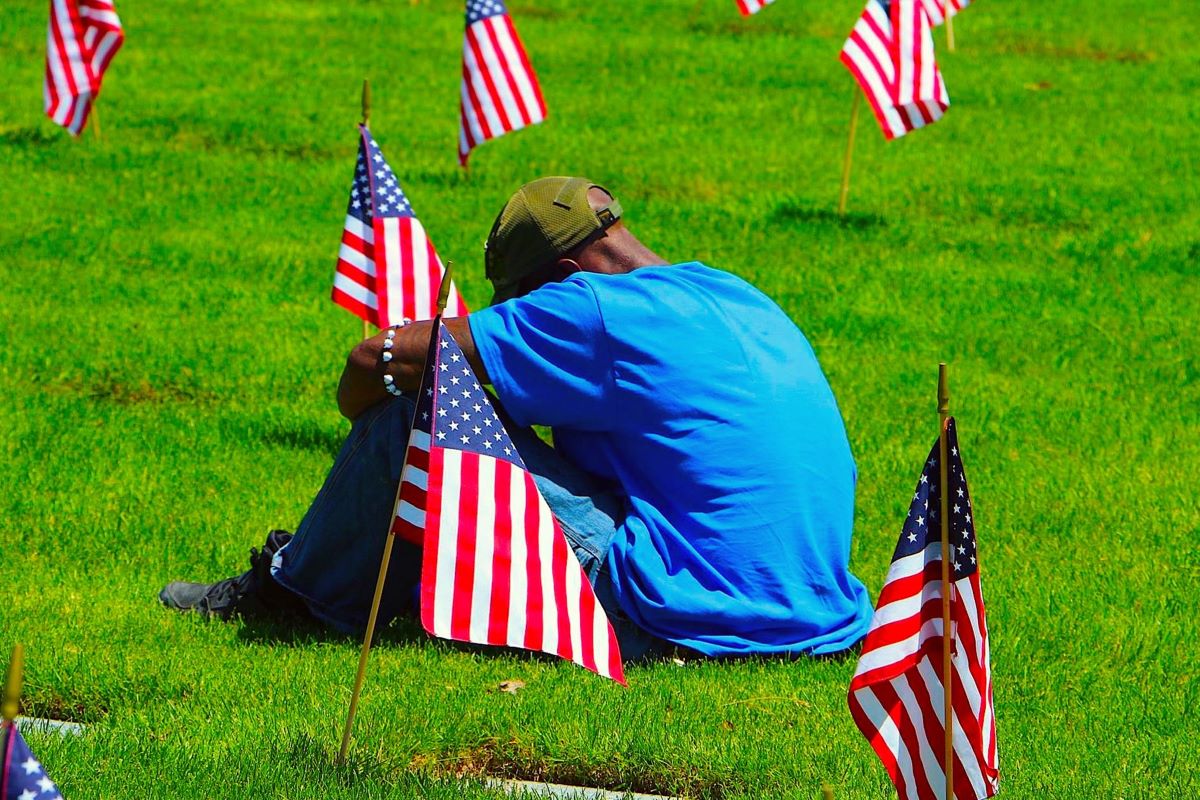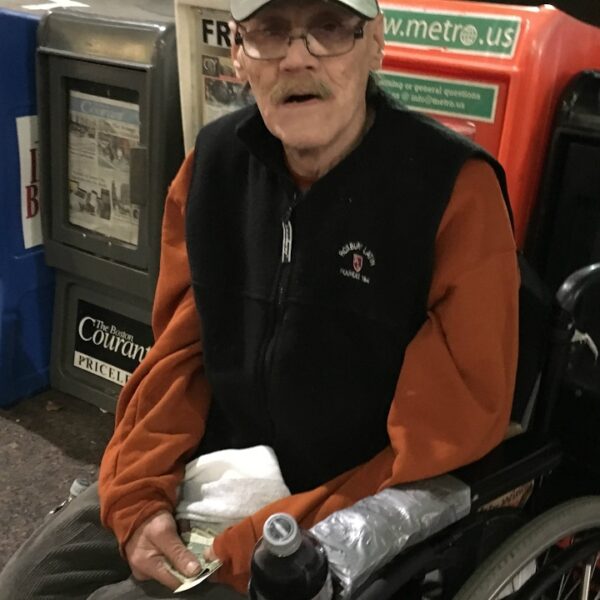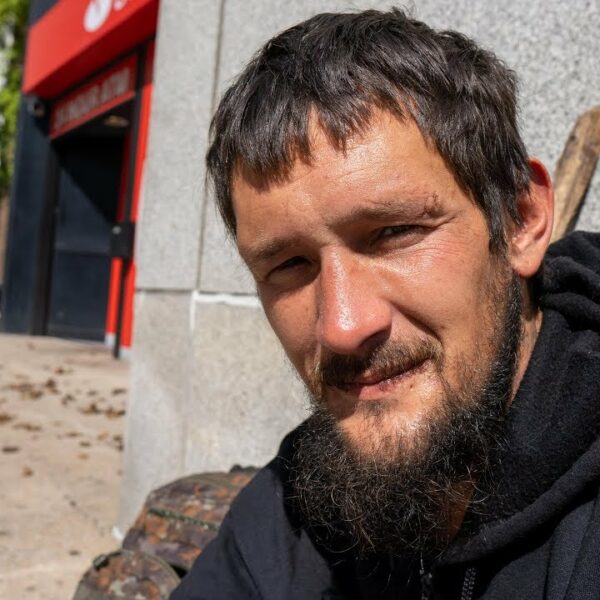Housing Research and Service Director Stephen Metraux, PhD, Discusses the Uphill Battle Young Homeless Veterans Face
New data suggests that young soldiers who served in the US military after 2001 are having a drastically more negative experience than soldiers from previous generations. They are grappling with many issues, one of which is homelessness. The question is not if, but rather, why?
Soldiers serving in the post-2001 US military era boast a 43% disability rate compared to the 16% disability rate we witnessed during Vietnam and the 27% disability rate exhibited by former Gulf War soldiers. This has, in turn, led to increased rates of homelessness, a problem that is only exacerbated by lower rates of homeownership in this demographic of soldiers.
We are aware of the problem, but that’s only half the battle. Quantifying the extent to which these former soldiers are suffering and identifying the prominent underlying cause is the only way to permanently end veteran homelessness for this specific subgroup of people.
For this article, we sat down with Stephen Metraux, PhD, the Director of the Center for Community Research & Service and Associate Professor at the Biden School of Public Policy & Administration, to see if we could shed much-needed light on the subject.
Professor Metraux has written extensively on the subject, producing volumes of research where data is otherwise lacking. Through a brief series of questions, he pinpointed some of the significant issues and even suggested a few possible solutions of his own.
Invisible People: What are some of the factors you think are causing such an uptick in veteran disabilities and subsequent homelessness?
Stephen Metraux, PhD: “My impressions on the extent of disability among post-9/11 era vets are consistent with the rates of disability that you mention here. I think there are many contributing factors to this that reflect both:
a) more service members who incur disabling injuries (in some cases where they would have died in years past), as well as
b) certain injuries such as PTSD and TBI being more recognized as disabling now than they were in times past.”
“I have not seen, however, that this most recent cohort of veterans has experienced homelessness at a level that has been higher than veterans from previous eras. I can’t say for sure that vets from the current era have a similar risk for homelessness than their older counterparts, but I don’t see any data to indicate otherwise. But then again, the data to address this question isn’t great. We are desperately in need of more information.”
Invisible People: Compared to previous generations of soldiers, young soldiers are now more likely to be renters and less likely to be homeowners. Do you see this as a systemic failure, a housing issue, a wage issue, or something else?
Stephen Metraux, PhD: “I’m not surprised that recent veterans have a harder time owning homes than their older counterparts. Without seeing evidence to the contrary, I would think this is primarily a generational phenomenon, meaning that young nonveterans and veterans alike have had lower rates of homeownership than it is a veteran versus nonveteran matter.”
“Finally, the VA makes available mortgages and other assistance for homeownership that gives veterans a leg up on their nonveteran contemporaries. Given this information, the rate of homeownership among young veterans, albeit lower than older veterans, should still be higher than young nonveterans.”
This assessment is difficult to prove or disprove, given the many shifts in housing market trends since the pandemic. This leads to another question about data, or, more accurately, the lack thereof.
Invisible People: The severe lack of data on this particular demographic of homeless veterans is concerning. Can you speak to ways in which more data about this group could serve to alter or reduce veteran homelessness among younger populations?
Stephen Metraux, PhD: “While data on veterans, and particularly homeless veterans, still has a large capacity for improvement, the VA offers the basis for a centralized repository for healthcare services, housing, and homeless assistance, and benefits (along with other things) that offer more possibilities for research than would be possible for similar populations of nonveterans.”
“Recent innovations in homeless services for veterans, such as HUD-VASH and SSVF, have been heavily research-informed in their creation and have also benefited and been fine-tuned from numerous evaluations. Data has also been linked better across departments of defense and the VA, which lets researchers see a continuity between military service and post-military VA services than was not available in previous eras.”
Invisible People: Are there any social programs that once benefited US veterans in the housing market that either no longer exist or lack funding?
Stephen Metraux, PhD: “Not that I am aware of.”
Invisible People: Could you suggest any permanent resolutions to the growing problem of young veteran homelessness?
Stephen Metraux, PhD: “In a paper I am currently producing, other researchers and I posit that veteran homelessness has much in common with nonveteran homelessness in terms of risk factors, solutions, etc.”
“Veterans tend to have access to more services and are seen more charitably, mainly because of their service, and this has led to their benefitting from programs like HUD-VASH and SSVF that are targeted specifically to veterans. As such, we can learn from veteran’s approaches that can successfully be applied to all homeless individuals.”
“At the same time, veterans are vulnerable to the same factors that precipitate homelessness more generally, so solutions to veteran homelessness won’t come apart from more general solutions to homelessness.”
Talk To Your Representatives About Solving Homelessness with Housing
Housing experts concur that the leading cause of homelessness for everyone, regardless of veteran status, is a lack of affordable housing.
If you are concerned about the surge in young soldiers returning home from war to face an equally trying battle of homelessness, make your voice heard. Contact your local representatives today.













